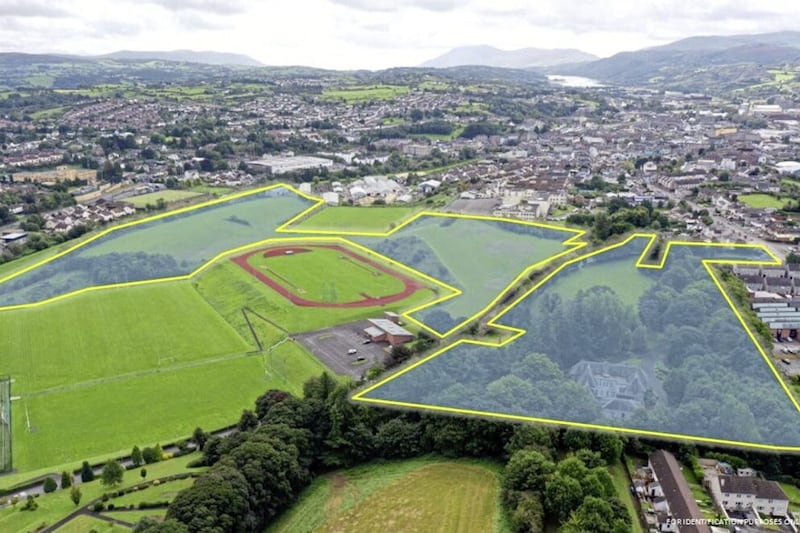IT would be impossible to listen the reaction of Sheila McDonnell to the events in north Belfast yesterday without sharing her sense of anger and distress.
Sheila and her family gathered at Holy Cross Church to say a final farewell to her mother Bridie only to be denied the funeral they had carefully planned.
Music and prayers had been specially chosen and the procession was making its way to the Ardoyne church when a security alert forced the priest and mourners to assemble in the car park instead.
Sheila described how their last precious moments with the great-grandmother had been stolen and what should have been a day to celebrate her life was "destroyed".
Close by, around 100 people, including foreign affairs minister Simon Coveney and other leading politicians, were being evacuated from the Houben Centre where they had gathered for a peace-building event organised by the John and Pat Hume Foundation.
Vulnerable residents of a nursing home also had to be moved away from the alert, which was sparked when a van driver was hijacked and forced to drive to the area, no doubt leaving him traumatised.
The irony of bringing terror to a peace event in a cross-community centre will no doubt be lost on the thugs responsible.
North Belfast, and this interface area in particular, suffered more than anywhere from violence during the Troubles and this attempt to drive a wedge between communities build a shared new future was despicable.
The alert has been linked to loyalist paramilitaries opposed to the Northern Ireland Protocol.
Mr Coveney and former taoiseach Leo Varadkar were also targeted last year when their home addresses were daubed on walls in loyalist areas.
Two public buses were also hijacked and burnt out in Newtownabbey and Newtownards last November, forcing the temporary suspension of services in some areas of Belfast.
While politicians across the board have condemned these acts of violence, belligerent rhetoric around the protocol – including the DUP's decision to collapse the executive – has clearly contributed to an atmosphere where some loyalists have sought to take matters in their own hands.
The fact the protocol was signed by a British prime minister, following a Brexit promoted by many unionist leaders, appears lost on those seeking to blame the Irish government.
With the potential for tensions to rise further during an election campaign, it must be hoped the voices of the large majority who gathered in peace in north Belfast yesterday drown out the minority seeking to drag us back to the past.






